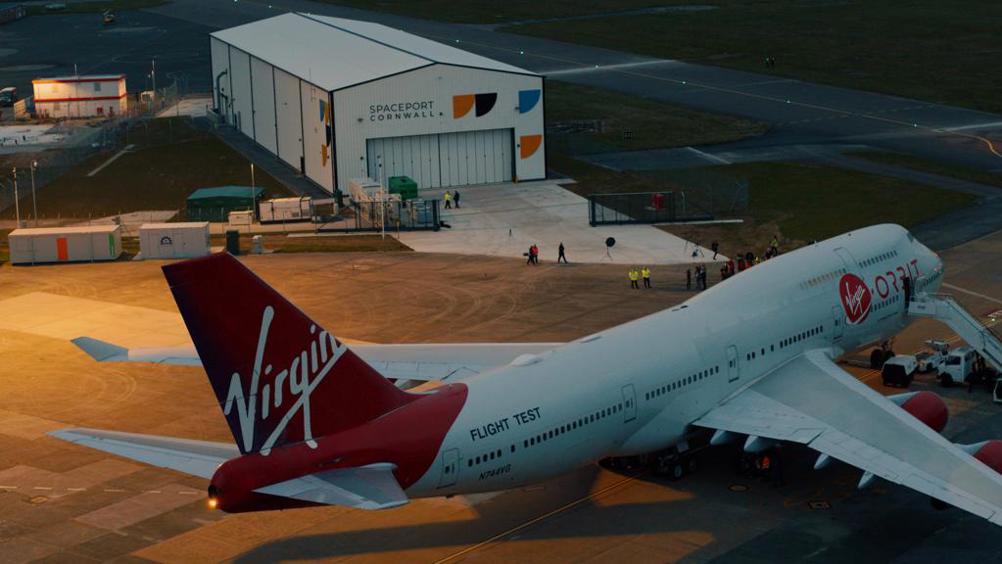UK-launched rocket reaches space but ‘anomaly’ prevents satellite deployment
Efforts to deploy satellites into their target orbit after launching from the UK have ended in failure following an ‘anomaly’.

Codenamed ‘Start Me Up’, this first UK mission for Virgin Orbit followed four completed missions on the west coast of the US, where the company is based. The long-awaited launch from Spaceport Cornwall marked not only the first from the UK, but also the first commercial launch from anywhere in western Europe.
Virgin Orbit’s launch system consisted of a modified Boeing 747-400 named Cosmic Girl, fitted with a rocket dubbed LauncherOne under its port wing. After taking off, Cosmic Girl followed a flight path out over the sea, successfully air-launching the rocket containing its payload of satellites.
The rocket then ignited its engines, quickly going hypersonic and successfully reaching space. According to Virgin Orbit, the flight then continued through successful stage separation and ignition of the second stage. At some point during the firing of the rocket’s second stage engine and with the rocket travelling over 11,000mph, the system experienced an anomaly and the mission ended prematurely. The company added that out of five LauncherOne missions carrying payloads for private companies and governmental agencies, this is the first to fall short of delivering its payloads to their precise target orbit.
Register now to continue reading
Thanks for visiting The Engineer. You’ve now reached your monthly limit of news stories. Register for free to unlock unlimited access to all of our news coverage, as well as premium content including opinion, in-depth features and special reports.
Benefits of registering
-
In-depth insights and coverage of key emerging trends
-
Unrestricted access to special reports throughout the year
-
Daily technology news delivered straight to your inbox










Water Sector Talent Exodus Could Cripple The Sector
Maybe if things are essential for the running of a country and we want to pay a fair price we should be running these utilities on a not for profit...